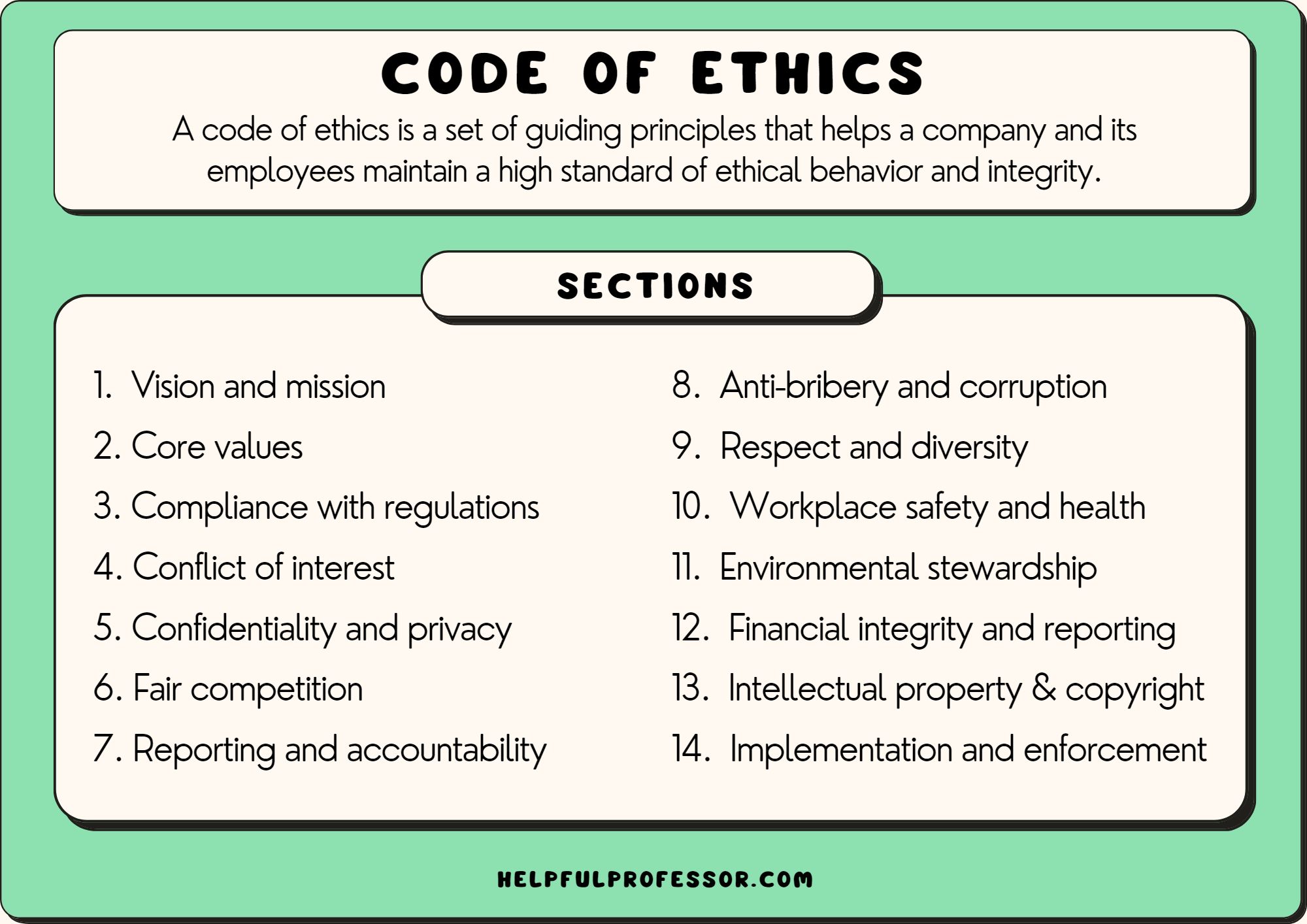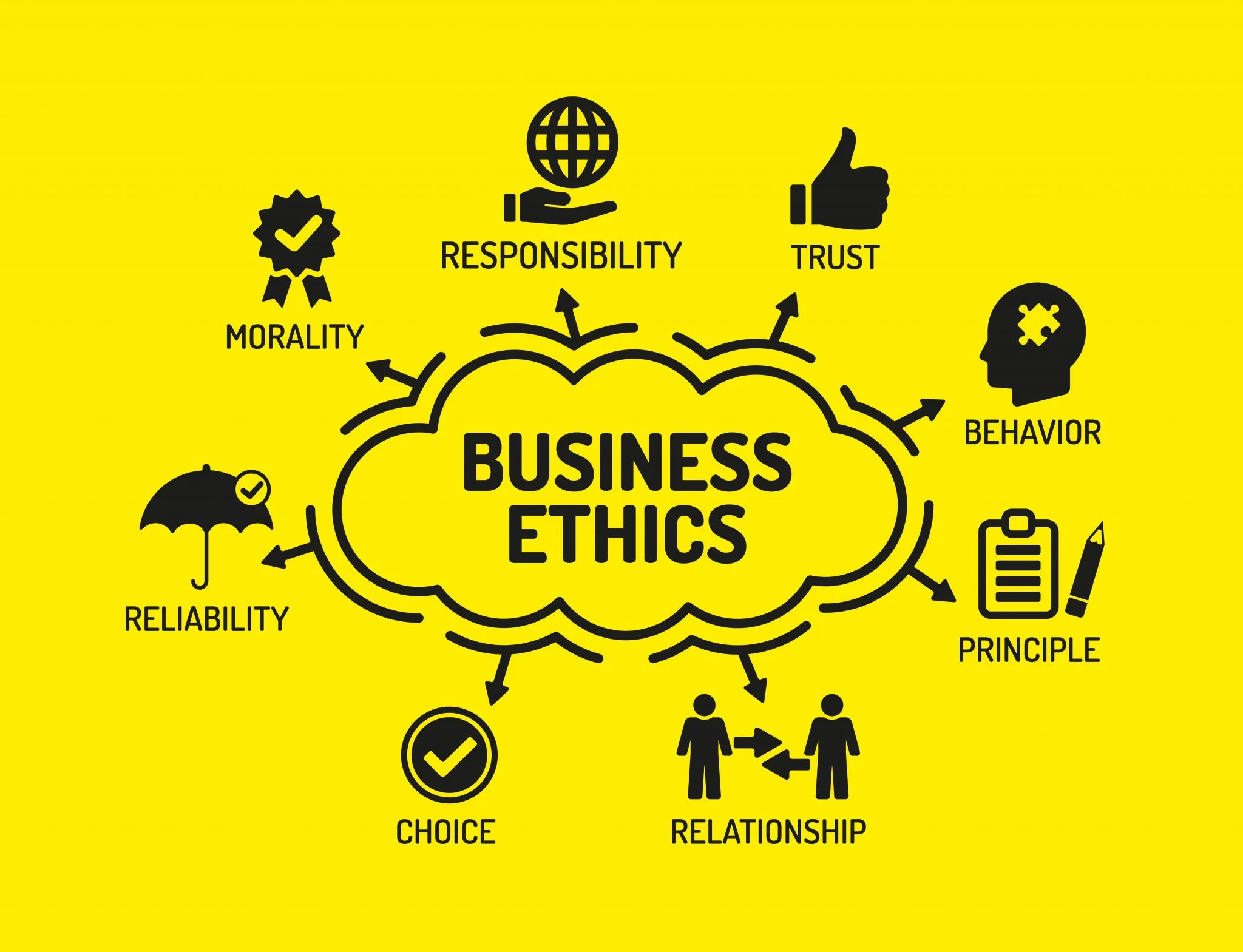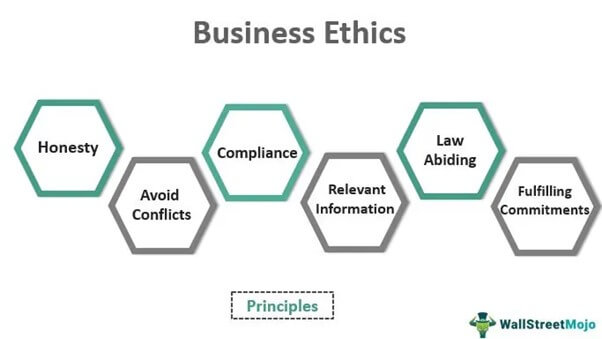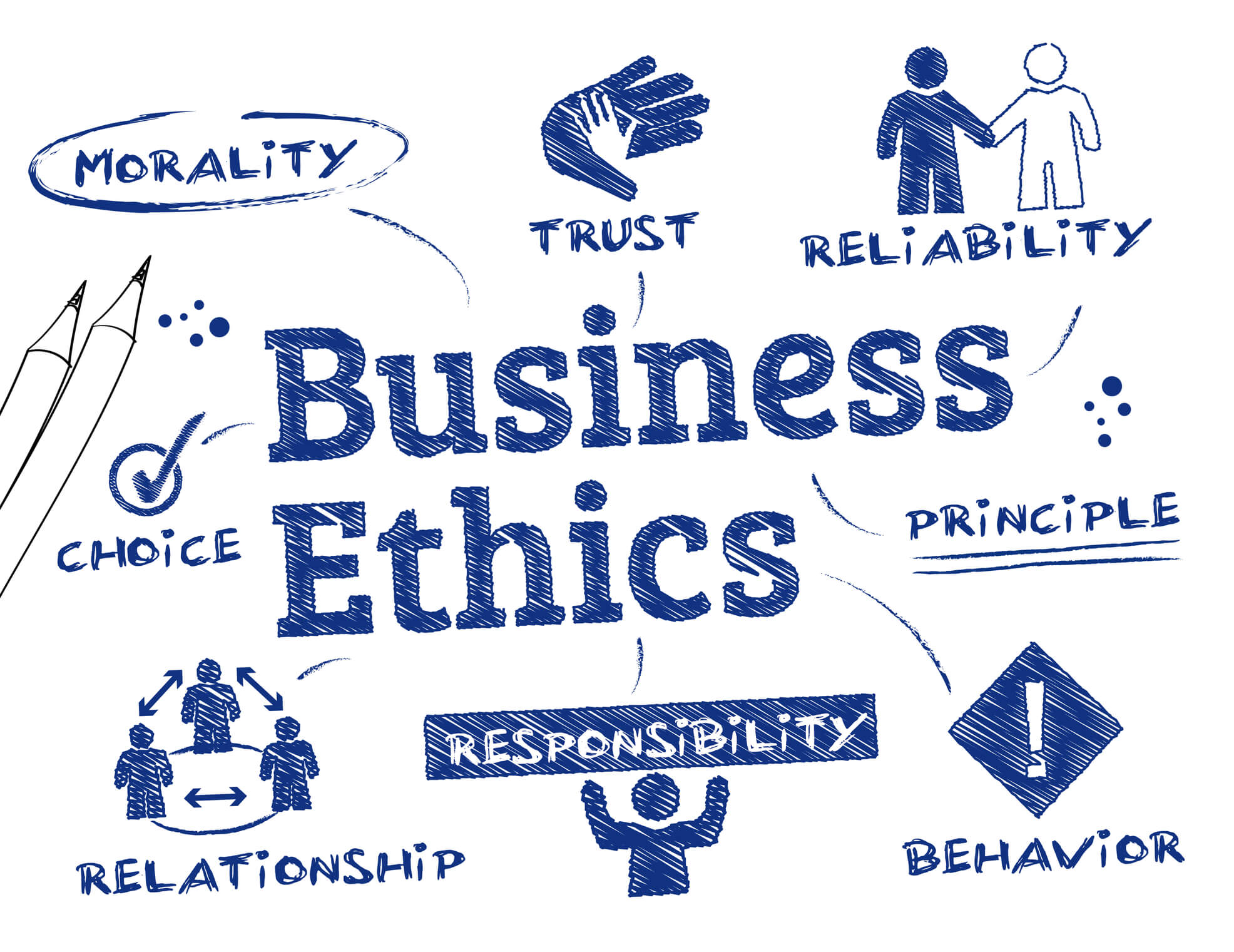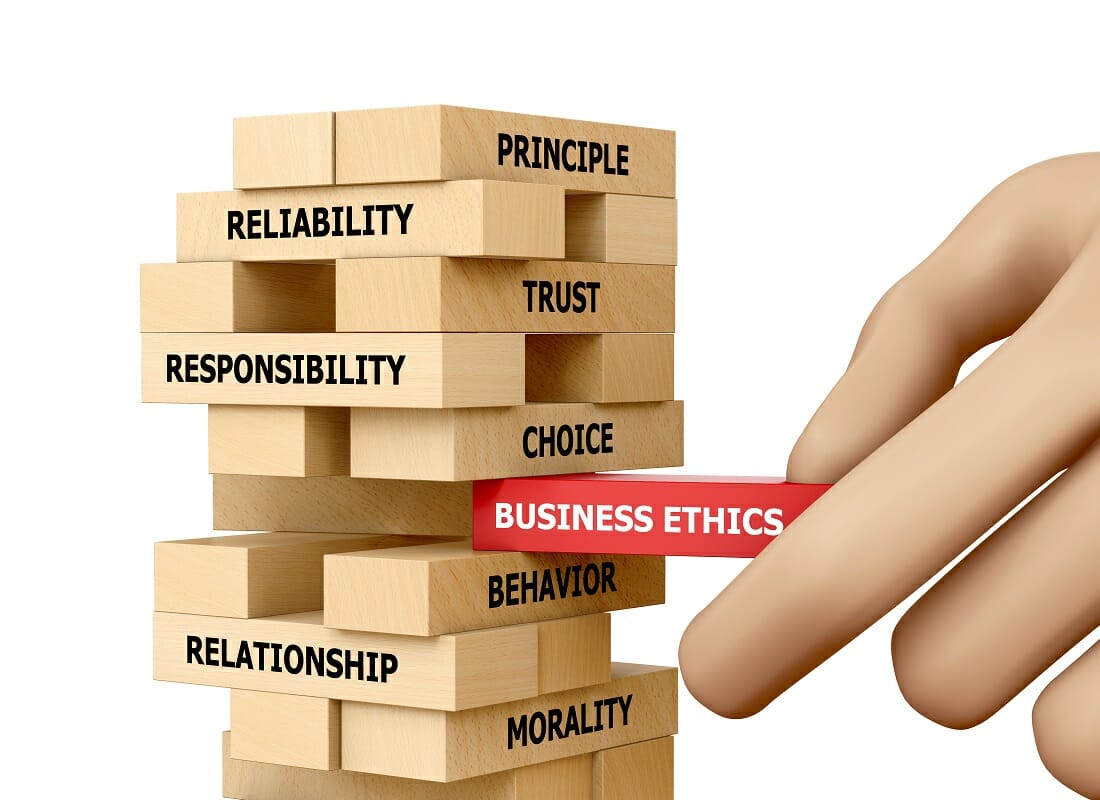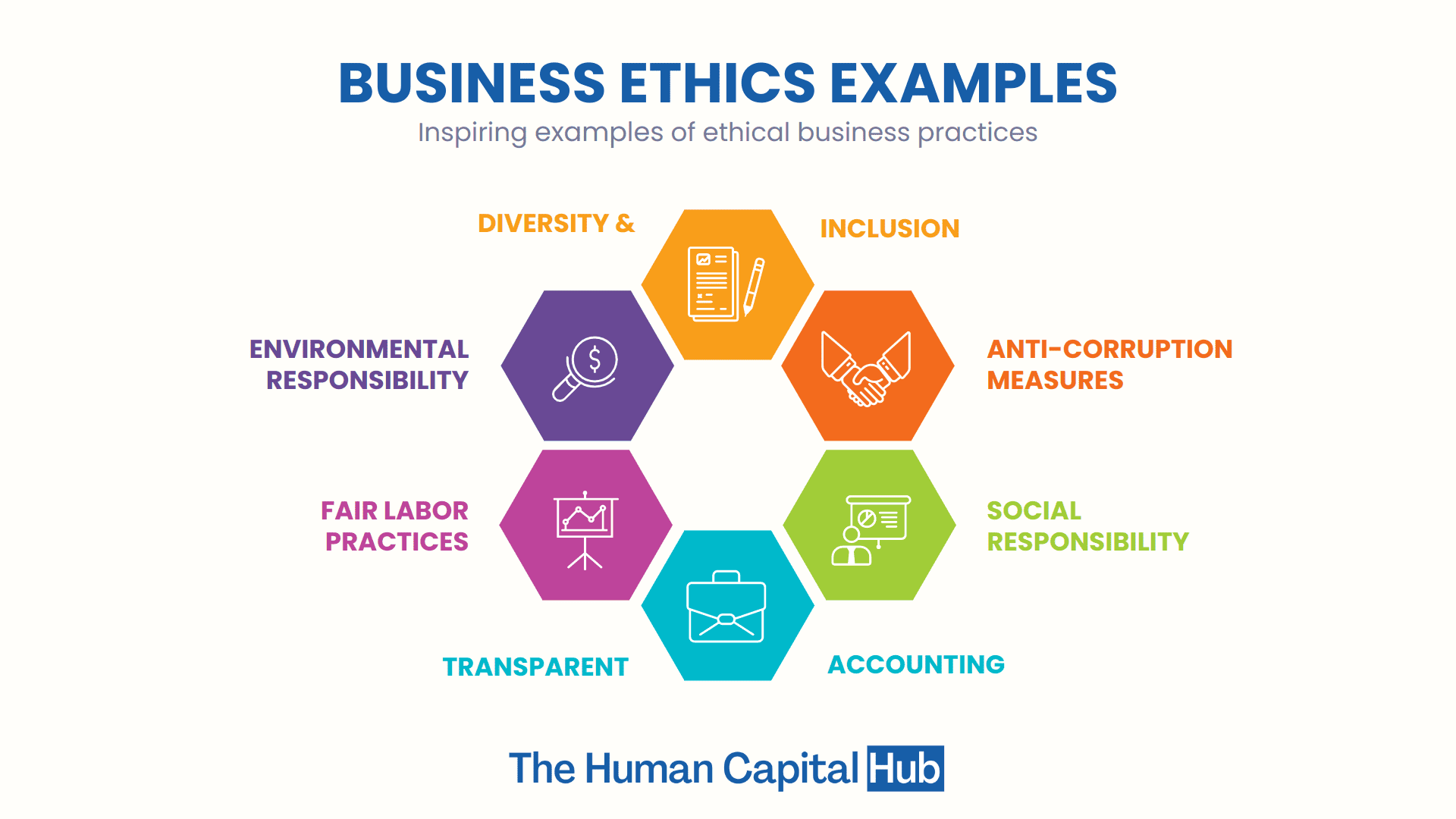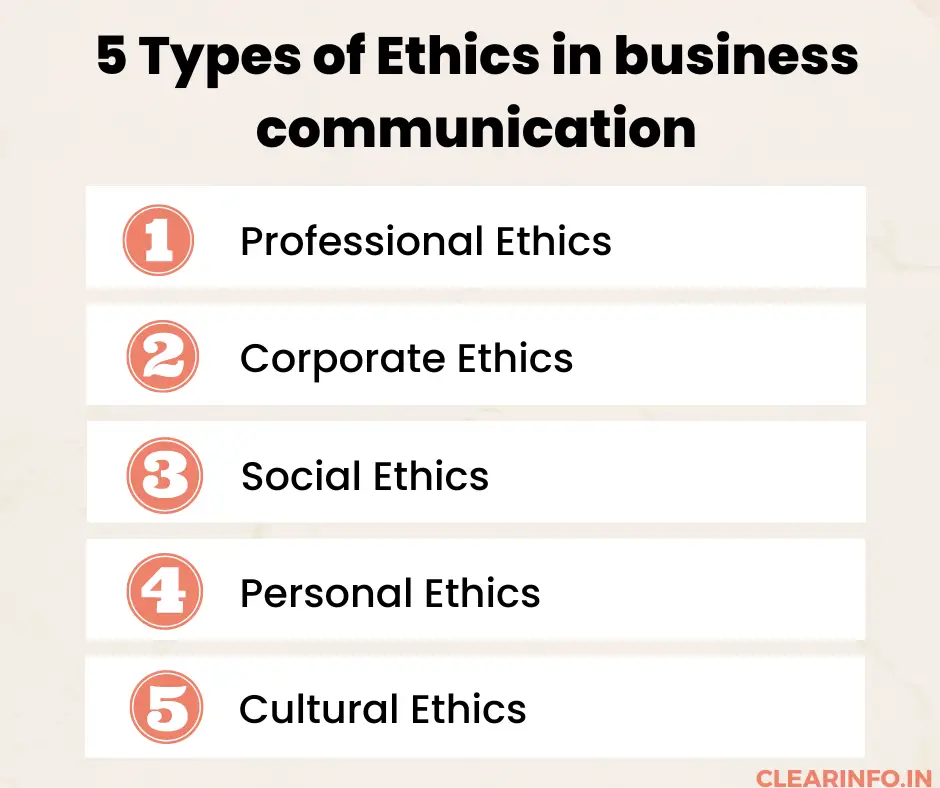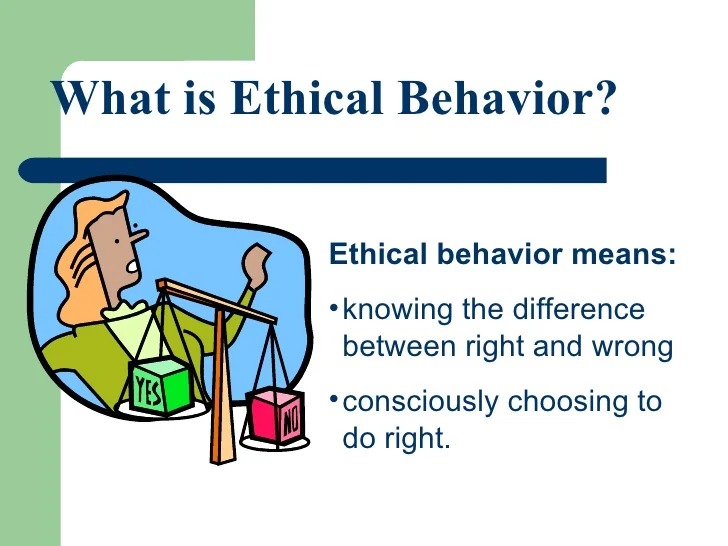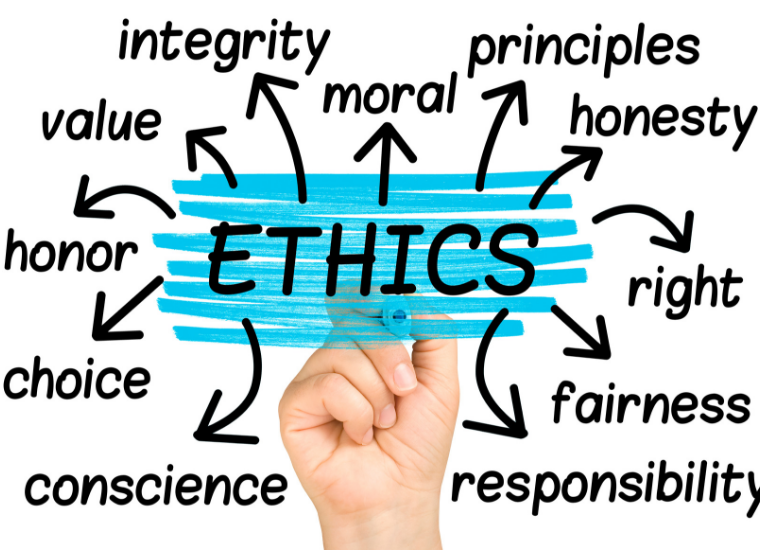Which Is An Example Of Ethical Business Behavior
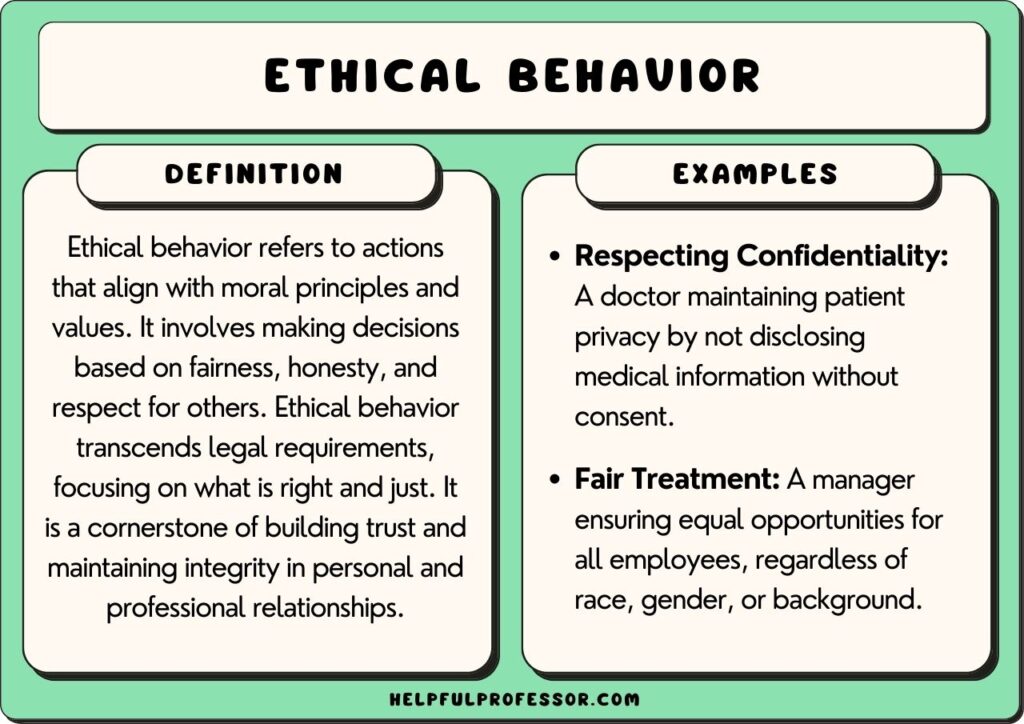
In an era defined by corporate scandals and a growing demand for accountability, the concept of ethical business behavior has moved from a peripheral concern to a central pillar of success. Consumers, employees, and investors alike are increasingly scrutinizing companies' actions, rewarding those that demonstrate a commitment to integrity and penalizing those that fall short. But what exactly constitutes ethical business behavior in practice, and how can organizations ensure they are meeting these evolving expectations?
This article delves into the multifaceted nature of ethical business behavior, exploring concrete examples of companies that are leading the way and examining the benefits and challenges associated with prioritizing ethics in the corporate world. We will explore real-world scenarios and analyze how different organizations approach ethical dilemmas, providing a comprehensive overview of this critical aspect of modern business. The rise of stakeholder capitalism underscores the importance of ethical conduct.
Defining Ethical Business Behavior
Ethical business behavior extends beyond simply complying with laws and regulations. It encompasses a commitment to honesty, fairness, and respect in all interactions, both internal and external. This includes treating employees fairly, providing safe working conditions, engaging in responsible environmental practices, and offering products or services that are safe and beneficial to consumers.
Furthermore, ethical businesses are transparent in their operations, disclosing information about their supply chains, financial performance, and environmental impact. It requires a robust ethical framework. Ethical decision-making processes are vital in fostering a culture of integrity.
Examples of Ethical Business Behavior in Action
Fair Labor Practices at Patagonia
Outdoor apparel company Patagonia has long been recognized for its commitment to ethical labor practices. The company actively monitors its supply chains to ensure fair wages and safe working conditions for garment workers. They work collaboratively with factories to implement improvements and empower workers.
Patagonia also publicly shares information about its suppliers and labor standards, promoting transparency and accountability. This dedication to ethical sourcing has resonated with consumers who are increasingly concerned about the social impact of their purchases.
Environmental Sustainability at Unilever
Unilever, a multinational consumer goods company, has made significant strides in incorporating environmental sustainability into its business model. Through its Sustainable Living Plan, Unilever has committed to reducing its environmental footprint and increasing its positive social impact.
The company has set ambitious targets for reducing greenhouse gas emissions, water usage, and waste generation. Unilever actively invests in sustainable sourcing and production practices, aiming to create a more resilient and responsible supply chain.
Data Privacy and Security at Microsoft
In the age of digital data, Microsoft has emerged as a leader in data privacy and security. The company has publicly advocated for stronger data protection regulations and has implemented robust security measures to safeguard customer information.
Microsoft has also committed to transparency in its data practices, providing users with clear and concise information about how their data is collected, used, and shared. Building trust with customers is a key priority for Microsoft.
Benefits of Ethical Business Behavior
The benefits of ethical business behavior extend beyond simply doing the right thing. Companies that prioritize ethics often experience improved employee morale and productivity. A strong ethical culture attracts and retains talented employees, leading to increased innovation and efficiency.
Ethical behavior also enhances a company's reputation and brand image. Consumers are more likely to support companies that are perceived as trustworthy and responsible. Building a positive reputation can lead to increased sales, customer loyalty, and market share.
Challenges of Implementing Ethical Business Practices
While the benefits of ethical business behavior are clear, implementing these practices can be challenging. It requires a significant investment of time, resources, and leadership commitment.
"Ethical leadership is paramount", as emphasized by experts in corporate governance.
Companies may face difficult trade-offs between profitability and ethical considerations. It can be difficult to balance the needs of different stakeholders, such as shareholders, employees, customers, and the community. There will be temptation to make profit no matter the consequence.
Looking Ahead: The Future of Ethical Business
As societal expectations for corporate responsibility continue to rise, ethical business behavior will become even more critical for success. Companies that embrace ethical practices and demonstrate a genuine commitment to making a positive impact on the world will be best positioned to thrive in the long term.
Technological advancements, such as artificial intelligence and blockchain, also present both opportunities and challenges for ethical business. Companies must ensure that these technologies are used responsibly and ethically. Ethical businesses will increasingly need to adapt and innovate to meet evolving ethical standards and expectations.

